Procrastination is among many of the poor habits many students develop over the course of high school. Adding fuel to the fire, several students fail to recognize that several of these methods inflict detrimental effects on future performance.
The desire to put off necessary work and partake in more relaxing, more engaging activities fosters procrastination. Students often struggle to generate an impulse to complete tasks without incentives. Cramming information right before a big test or starting a homework assignment the night it’s due both contribute to the development of procrastination habits and incite consequences on one’s academic performance.
When work is delayed until the last minute, its quality often diminishes. Time constraints create inefficient production due to the prioritization of finishing work before the deadline. Often stuck in an infinite cycle, students struggle to eliminate this habit of procrastination.
Rithvik Vanga is a sophomore at the University of Michigan. During high school, he experienced moments when he put off work until the last minute, causing a continuous cycle. “There were instances when I was cramming everything for my work last minute, and produced a low quality result,” Vanga expressed. “Although I knew it was a poor choice, I continued to procrastinate, solely because I got my work done the first time and prayed for a good grade.”
Falling into this pattern of disregarding tasks can prompt students to study for short-term memorization as opposed to comprehending the entirety of the content. Carrying these traits into future situations can lead to the same outcome with bigger consequences. Procrastination alters how efficiently one can manage their tasks, organize a schedule and generate valuable results.
Along with procrastination, inattentiveness in class and utilizing a disorganized manner of completing work prevents future successes. Distractions in the classroom often hinder students’ abilities to focus on the task at hand. Cellular devices, conversations with peers and drowsy behavior contribute to disrupting one’s productivity.
Whether it stems from neurological disorders that are associated with attention difficulties or practicing poor methods of work management, inattentiveness can hamper success in the work field.
Psychology teacher Ann Berger has concerns over the causes of procrastination and the effects it has on students’ mental health. “I would argue that some of the procrastination I see in students is coming from complete overwhelm. There’s a threshold where healthy stress goes too far. So are we seeing procrastination or are we seeing kids checking out, where they are absolutely hitting walls,” Berger stated.
The psychological aspect of procrastination is extremely unhealthy for the developing minds of students. Once a student enters a pattern of exhibiting poor habits, it is difficult for them to escape. The brain is tricked into prioritizing short-term mood, rather than completing tasks efficiently.
While many students desire to engage in personal preferences without regard to their required work, these methods are unsuitable during superior levels of study.
In the transition from high school to college, the substantial increase in workload is apparent. While students may spend less time in an actual classroom setting in college, they complete copious amounts of homework and study outside of class. Keeping up with these assignments is crucial to academic success and securing future employment opportunities.
Vanga has noticed his earlier habits influencing his performance in college. “There are many times when I feel burnt out by an exam I had earlier, or unmotivated to complete necessary assignments and I don’t have the drive to complete any work. Although I’ve been able to stop myself from exercising these methods, they can be a blunder to one’s success if they’re not eradicated early,” Vanga explained.
Habits established early on are capable of translating into workplace behaviors if they are not dealt with beforehand. College prepares students for future workplace situations, and the significance of practicing adequate habits is beneficial. Excellent time management, dependable productivity and communicative skills are common qualities employers seek. Inheriting poor habits in high school diminishes one’s ability to execute these skills, potentially altering an employer’s perception of them.
Counselor Ellie Curtis has assisted students in preventing the perpetuation of these indiscretions. “I would say to start small. Start with one area that you’d like to improve on, and prove to yourself that you can stick with something you started. Try changing up your methods for a week and then reflect: Did this help my grades and stress? How did this decision impact other parts of my life?” Curtis explained.
Entering a cycle of poor habits stems from repetition. In order to break that pattern, one must change their course of action through the same repetition, persuading the brain to follow new methods.
Displaying lousy habits may lack significant effects for a current high school student because of the moderate severity the consequences hold. However, failure to counteract these habits early on further restricts students’ maximum potential for success and is inimical to the progression of one’s career.










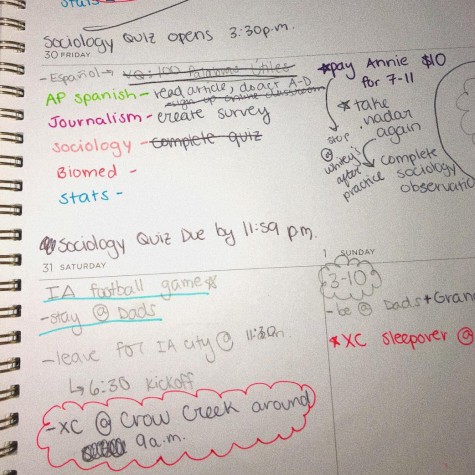
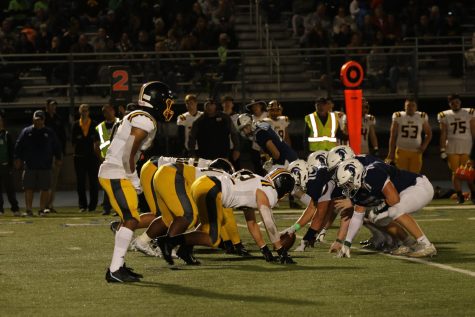



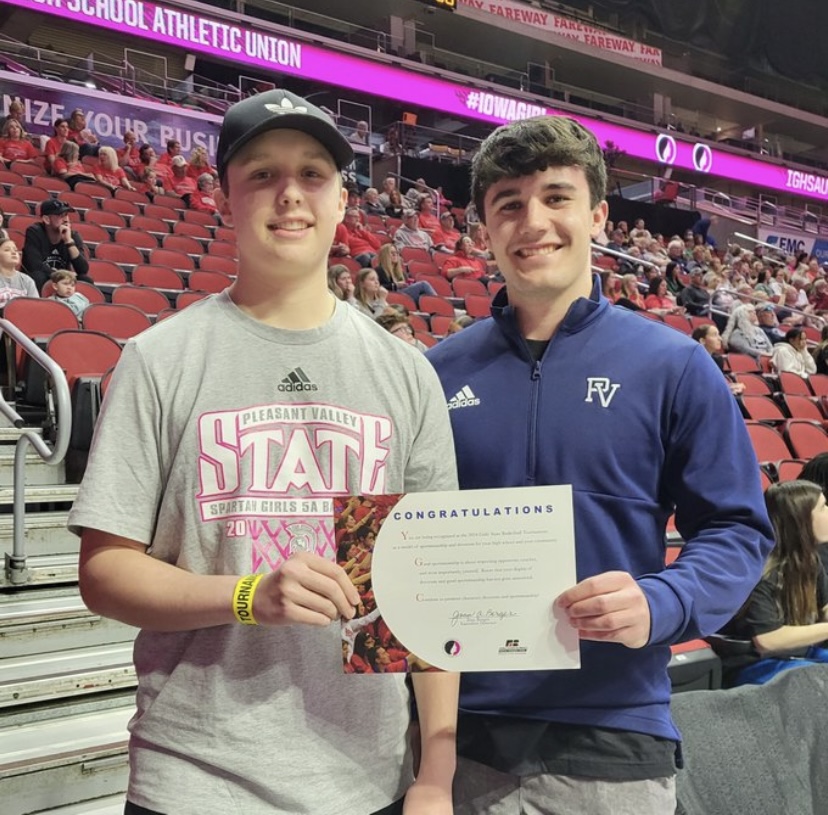
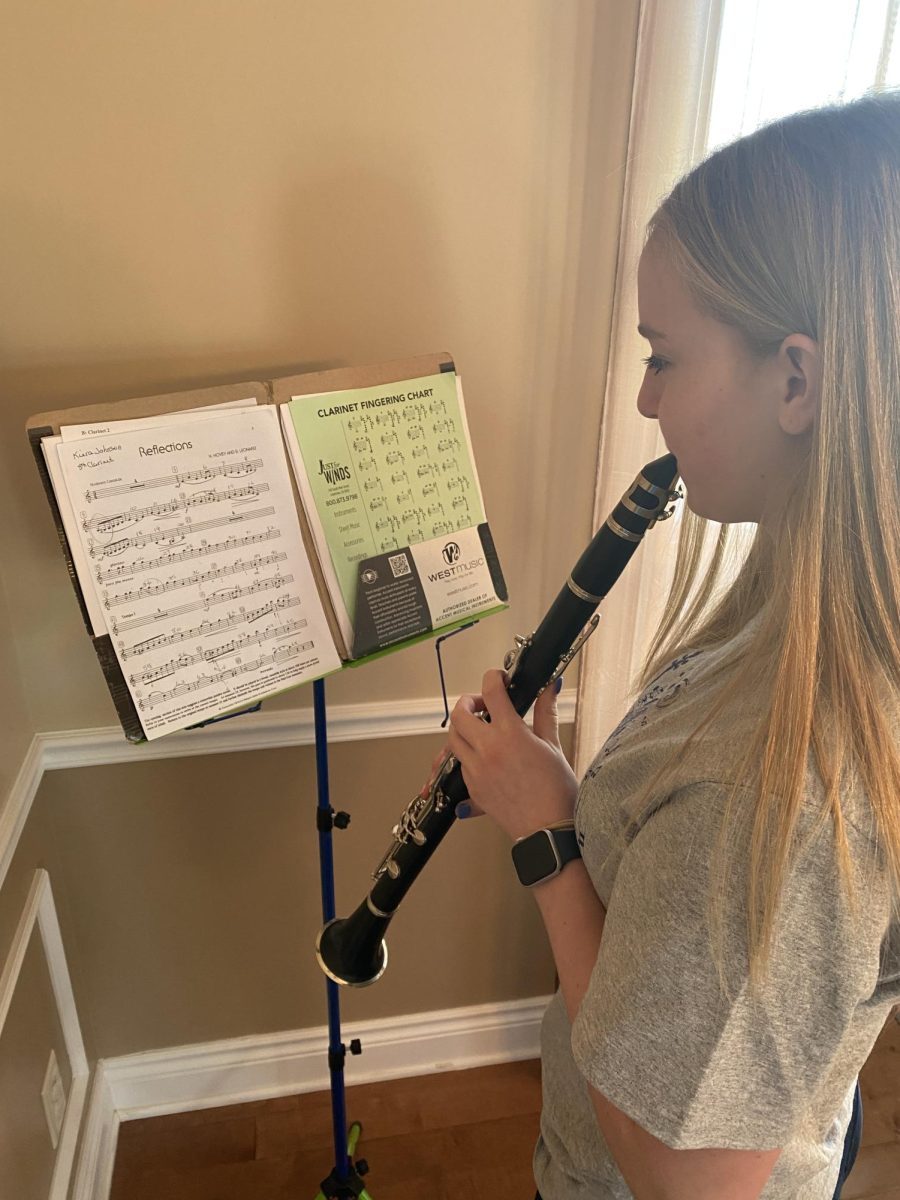

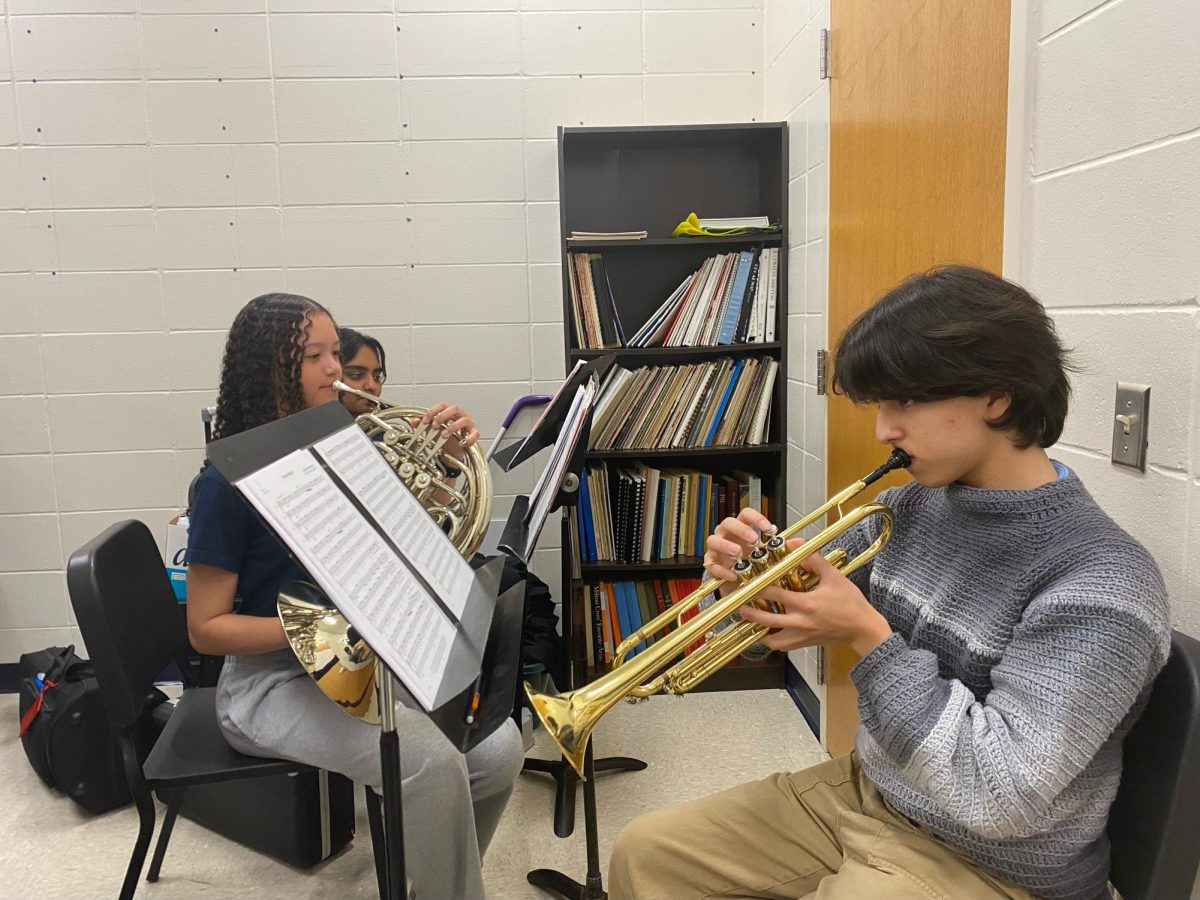


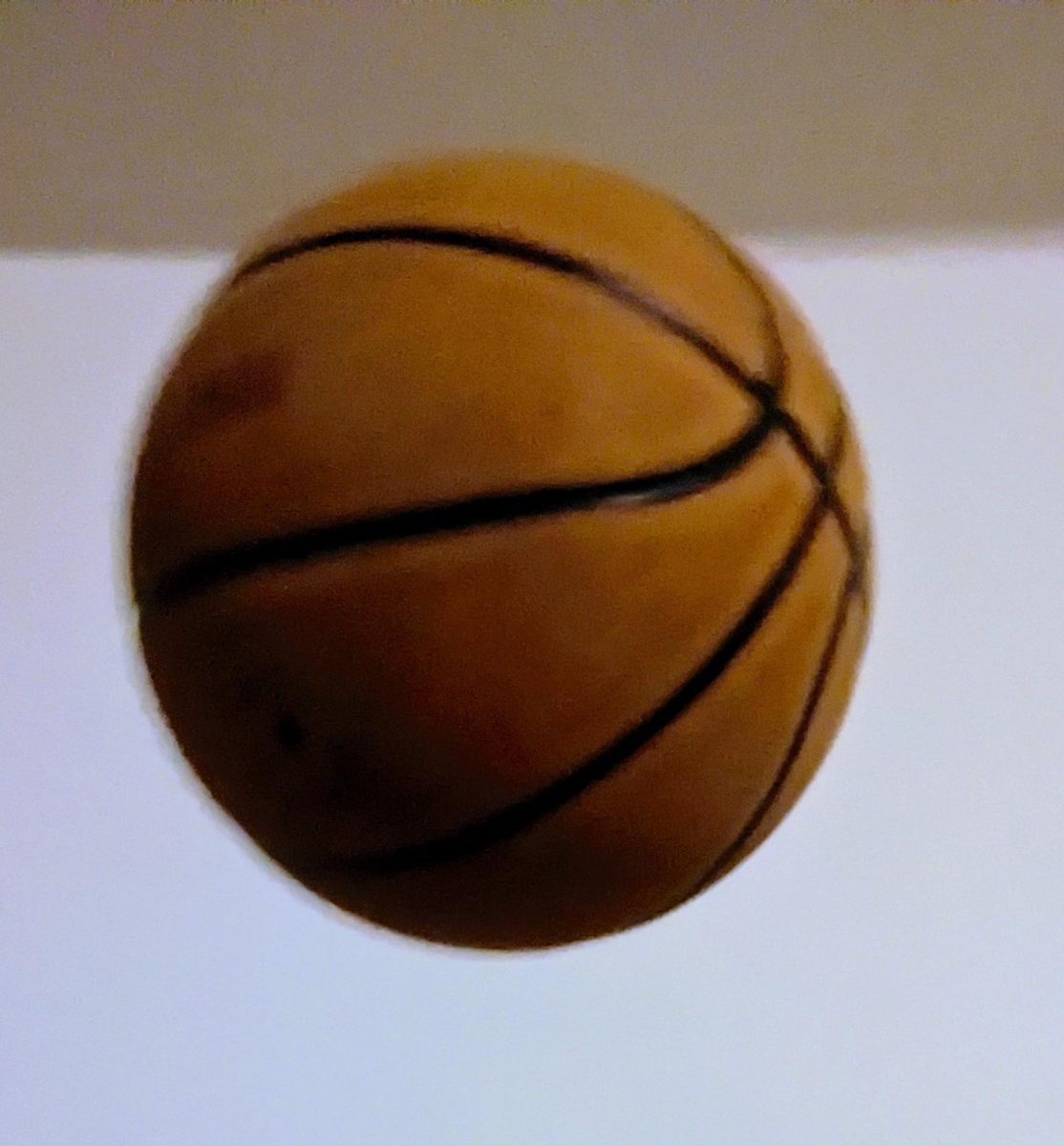
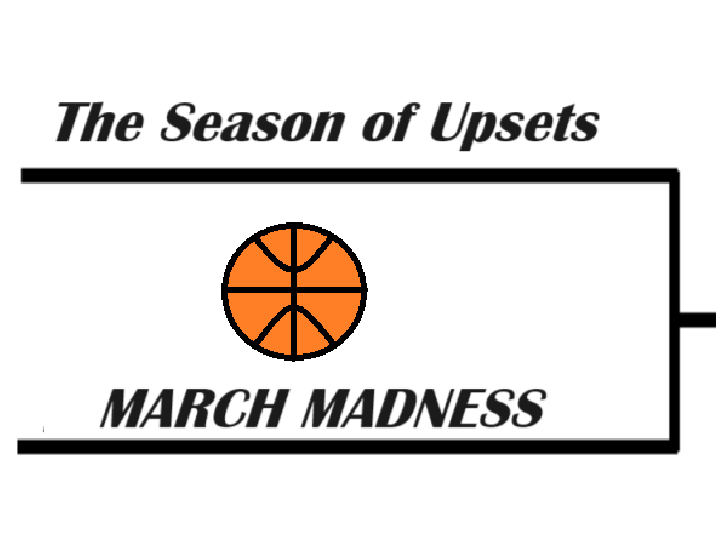


Bradyn Fairman • Dec 15, 2023 at 10:34 am
I think work ethic is important in life.